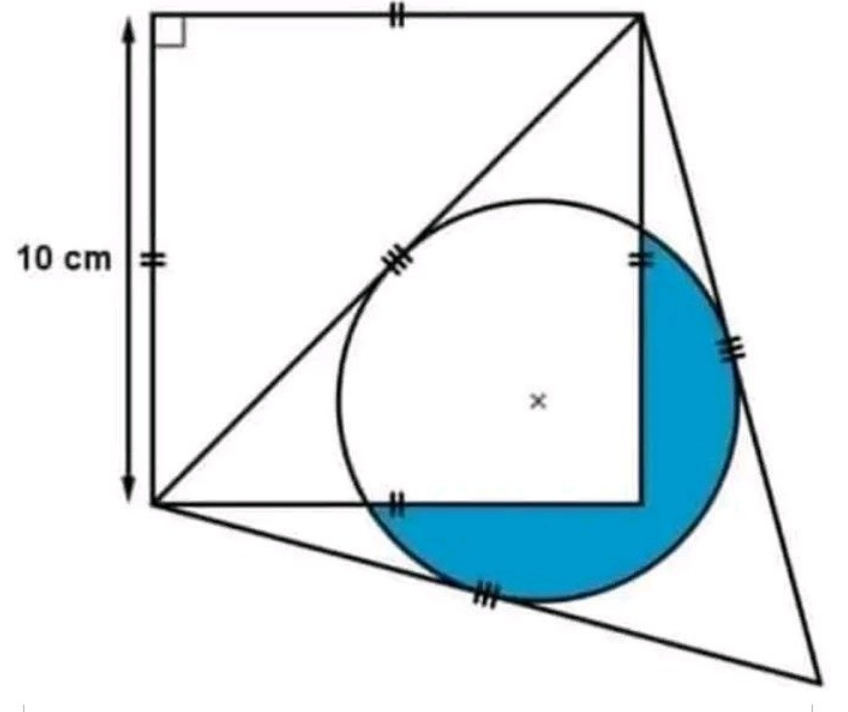
AllQuestion and Answers: Page 352
Question Number 186973 Answers: 0 Comments: 1
Question Number 186884 Answers: 1 Comments: 6

Question Number 186883 Answers: 2 Comments: 0

Question Number 186882 Answers: 0 Comments: 0

Question Number 186870 Answers: 4 Comments: 1

Question Number 186868 Answers: 2 Comments: 1

Question Number 186867 Answers: 2 Comments: 0

Question Number 186863 Answers: 0 Comments: 0

Question Number 186864 Answers: 2 Comments: 0
Question Number 193967 Answers: 1 Comments: 0

Question Number 186858 Answers: 0 Comments: 0
Question Number 186856 Answers: 0 Comments: 0
Question Number 186854 Answers: 1 Comments: 0
$$\int_{\mathrm{0}} ^{\:{R}} \frac{{Rcosx}}{{l}−{Rcosx}}{dx}=? \\ $$
Question Number 186853 Answers: 1 Comments: 0
Question Number 186849 Answers: 0 Comments: 1

Question Number 186841 Answers: 0 Comments: 0

Question Number 186840 Answers: 1 Comments: 0
Question Number 186838 Answers: 3 Comments: 0

Question Number 186837 Answers: 0 Comments: 0

Question Number 186835 Answers: 0 Comments: 1

Question Number 186833 Answers: 1 Comments: 1

Question Number 186830 Answers: 1 Comments: 1

Question Number 186821 Answers: 1 Comments: 0

Question Number 188822 Answers: 1 Comments: 3
Question Number 186809 Answers: 1 Comments: 0

Question Number 186808 Answers: 0 Comments: 0

Pg 347 Pg 348 Pg 349 Pg 350 Pg 351 Pg 352 Pg 353 Pg 354 Pg 355 Pg 356
